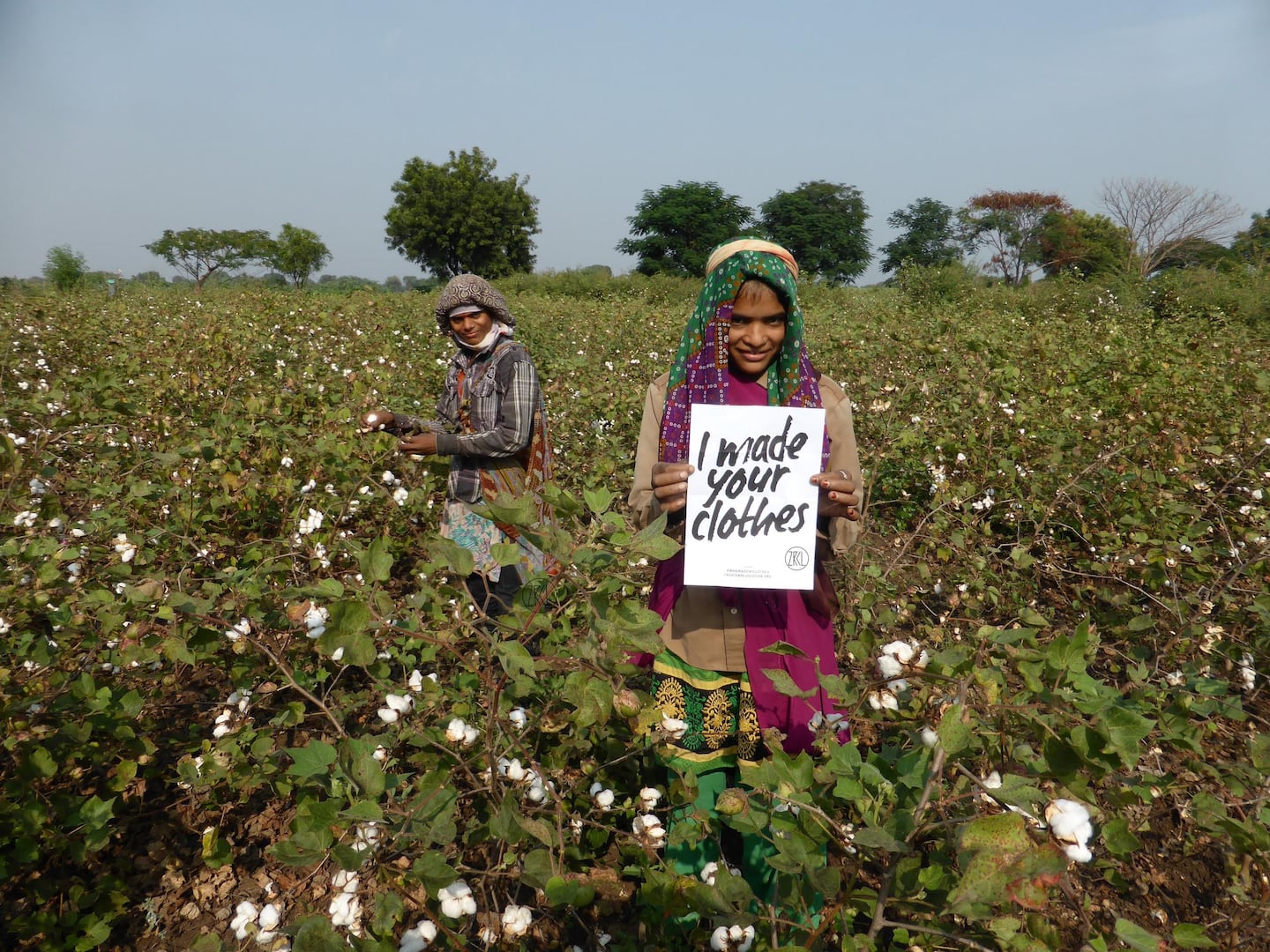
The Business of Fashion
Agenda-setting intelligence, analysis and advice for the global fashion community.

Agenda-setting intelligence, analysis and advice for the global fashion community.

LONDON, United Kingdom — Fashion's annual transparency scorecard comes at a timely moment this year.
The financial fallout from efforts to contain Covid-19 have ripped through fashion’s supply chains in a stark reminder of the long-standing problems buried in the industry’s opaque and convoluted manufacturing base.
Since the pandemic forced high streets and malls across Europe and North America to close down, brands and retailers have cancelled billions of dollars worth of orders, refusing to take shipments already on the water and demanding steep discounts for goods that have already been produced. Millions of workers have already been laid off without pay in countries like Bangladesh and Vietnam, and major brands are facing mounting scrutiny for buying practices that labour organisations allege are opaque and unequal.
“Many of the world’s biggest fashion brands are evading responsibility and its associated costs in much the same way as they did following the Rana Plaza factory collapse in Bangladesh,” said Carry Somers, co-founder and global operations director of Fashion Revolution, a nonprofit whose annual Fashion Transparency Index has become a key benchmark for the famously secretive industry’s progress towards greater disclosure. “They may refer to these suppliers as partners on the social responsibility pages of their websites and their CSR reports… but really when it comes down to the wire, one of these partners pays the price, while the other one cuts and runs.”
ADVERTISEMENT
This year’s report reveals substantial disclosure gaps that facilitate brands’ ability to engage in buying practices that leave suppliers and their employees at a significant disadvantage. Only 11 percent of the 250 brands included in this year’s study explain how they ensure labour costs are ring-fenced in their buying practices. Less than a quarter provided details about their approach to achieving a living wage within their supply chains, and only five have a time-bound, measurable roadmap that outlines how they plan to reach their goal.
Many of the world's biggest fashion brands are evading responsibility and its associated costs.
“This is having a really devastating impact on suppliers and particularly workers,” said Fashion Revolution’s policy director Sarah Ditty. “This pandemic shows exactly why transparency in the fashion industry is just so vital.”
Fashion Revolution was founded in the aftermath of the 2013 Rana Plaza disaster, which killed more than 1,000 garment workers in Bangladesh. Its report on the industry's transparency progress coincides with Fashion Revolution Week, established to commemorate the fatal accident and drive advocacy around fashion's environmental and social shortcomings.
This year, the industry is facing its largest humanitarian crisis since Rana Plaza, while also staring down a financial maelstrom that could prove worse than the Great Recession of 2008 and 2009. The situation has thrown into sharp relief many of the issues Fashion Revolution is focused on addressing.
Despite the industry's challenges, this year's report does show clear signs of progress. The average score rose to 23 percent, up two percentage points from last year. H&M group became the first brand ever to score above 70 percent, leading the pack. The fast fashion brand is often criticised for its performance on environmental and social issues, but it has also placed a growing emphasis on efforts to improve. This year, the company appointed its former sustainability chief, Helena Helmersson, as chief executive.
Luxury brands continue to underperform the leaders among their lower-priced competitors. Gucci is the highest-ranked within the cohort with a score of 48 percent. Ermenegildo Zegna is the only luxury company to provide a detailed list of its suppliers, a crucial step in ensuring accountability for brands' commitments to prevent abuses within their supply chains.
At the bottom end of the spectrum, online fast fashion brand Fashion Nova scored just 2 percent, while British competitor Pretty Little Thing came in at 9 percent. The lowest-ranked brands, including Tom Ford, Bally, Max Mara and Elie Tahari, scored 0 percent.
We’re tracking the latest on the coronavirus outbreak and its impact on the global fashion business. Visit our live blog for everything you need to know.
Related Articles:
[ What Fashion Can Learn From a Decade of DisastersOpens in new window ]
[ Fashion's Humanitarian CrisisOpens in new window ]
[ How to Talk to Customers About Fashion's Dirty SecretsOpens in new window ]
The fashion industry continues to advance voluntary and unlikely solutions to its plastic problem. Only higher prices will flip the script, writes Kenneth P. Pucker.
The outerwear company is set to start selling wetsuits made in part by harvesting materials from old ones.
Companies like Hermès, Kering and LVMH say they have spent millions to ensure they are sourcing crocodile and snakeskin leathers responsibly. But critics say incidents like the recent smuggling conviction of designer Nancy Gonzalez show loopholes persist despite tightening controls.
Europe’s Parliament has signed off rules that will make brands more accountable for what happens in their supply chains, ban products made with forced labour and set new environmental standards for the design and disposal of products.